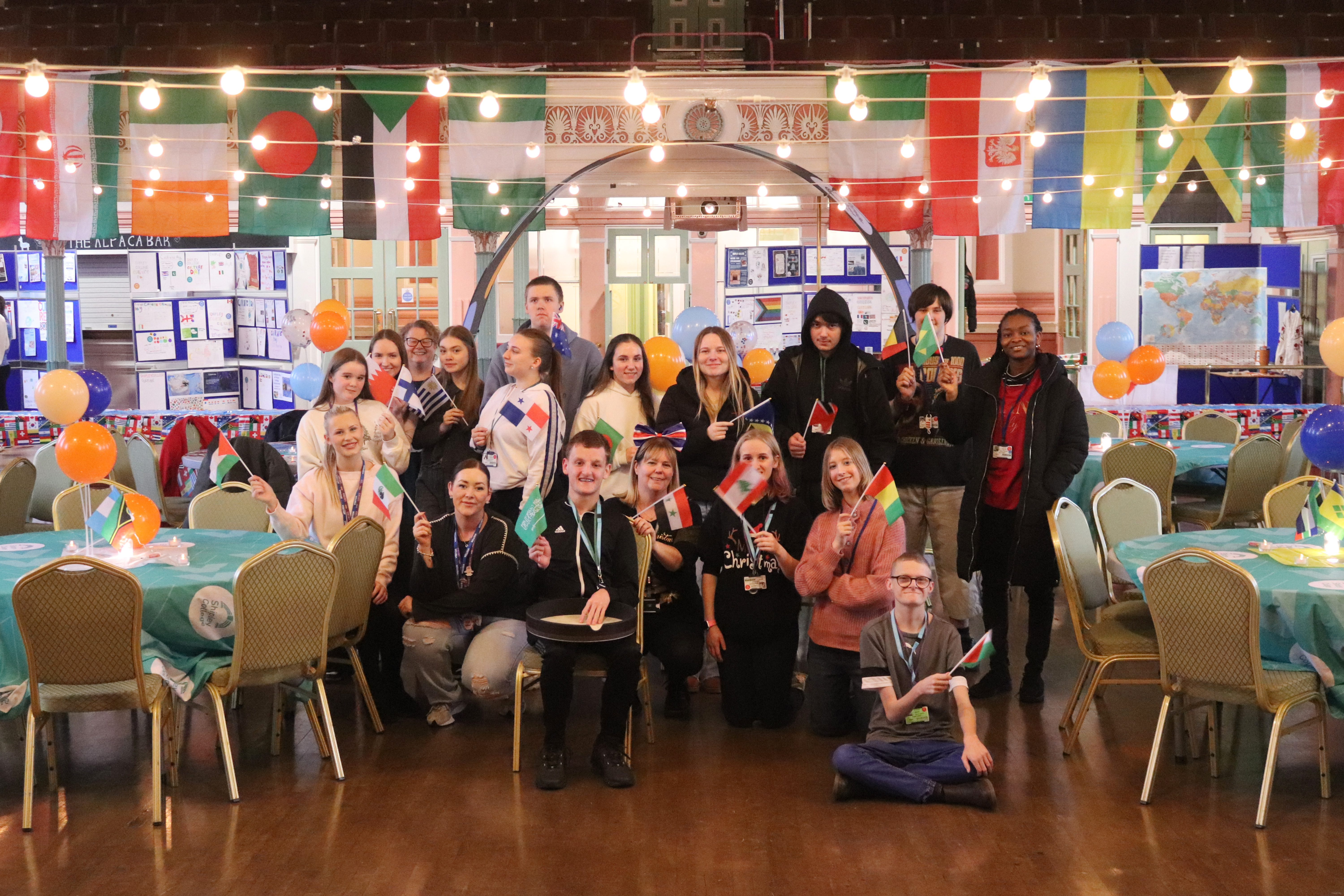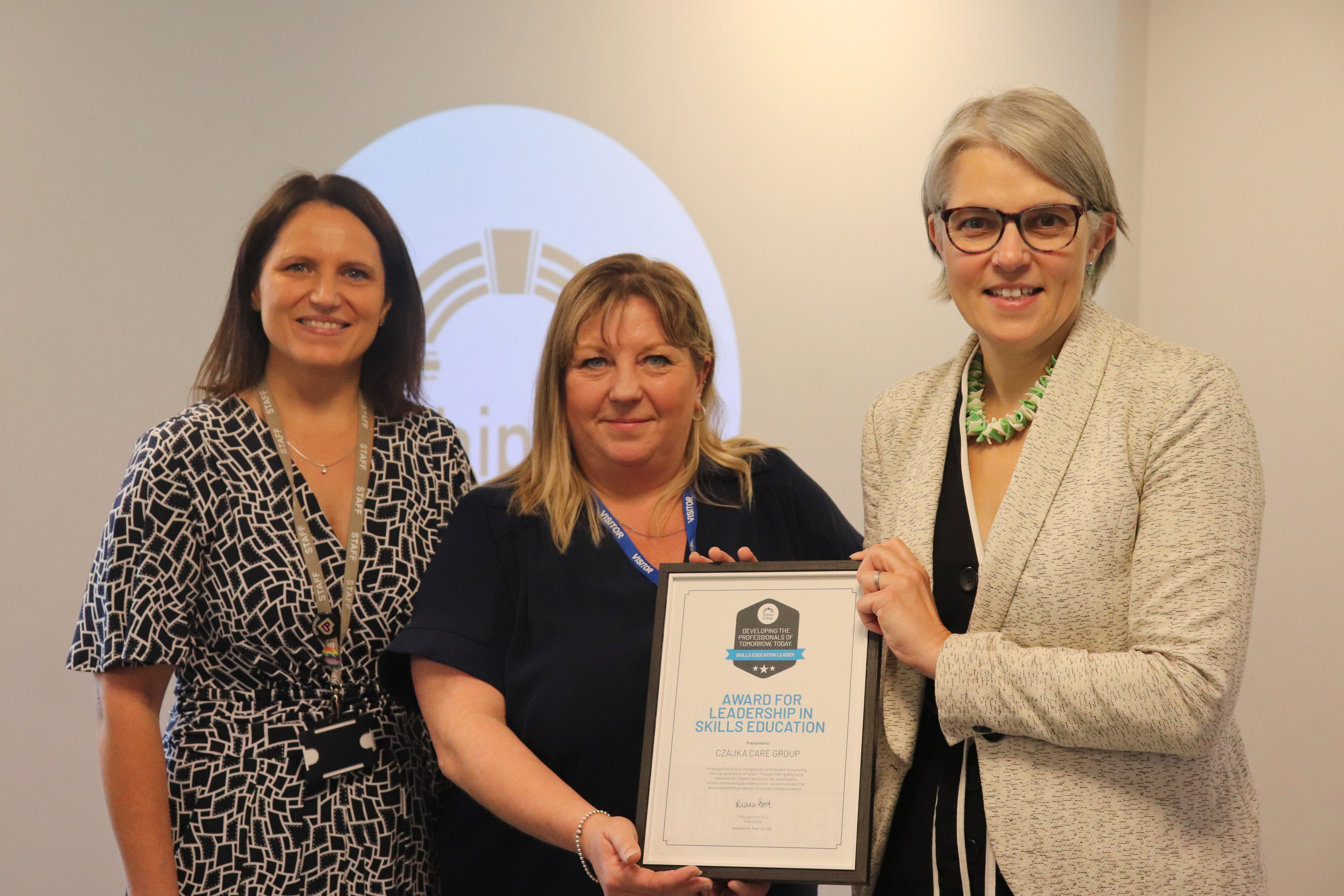LATEST NEWS
Read the latest news from Shipley College...

SHIPLEY COLLEGE TO HOST MAJOR STUDENT ESPORTS TOURNAMENT ON MARCH 28TH
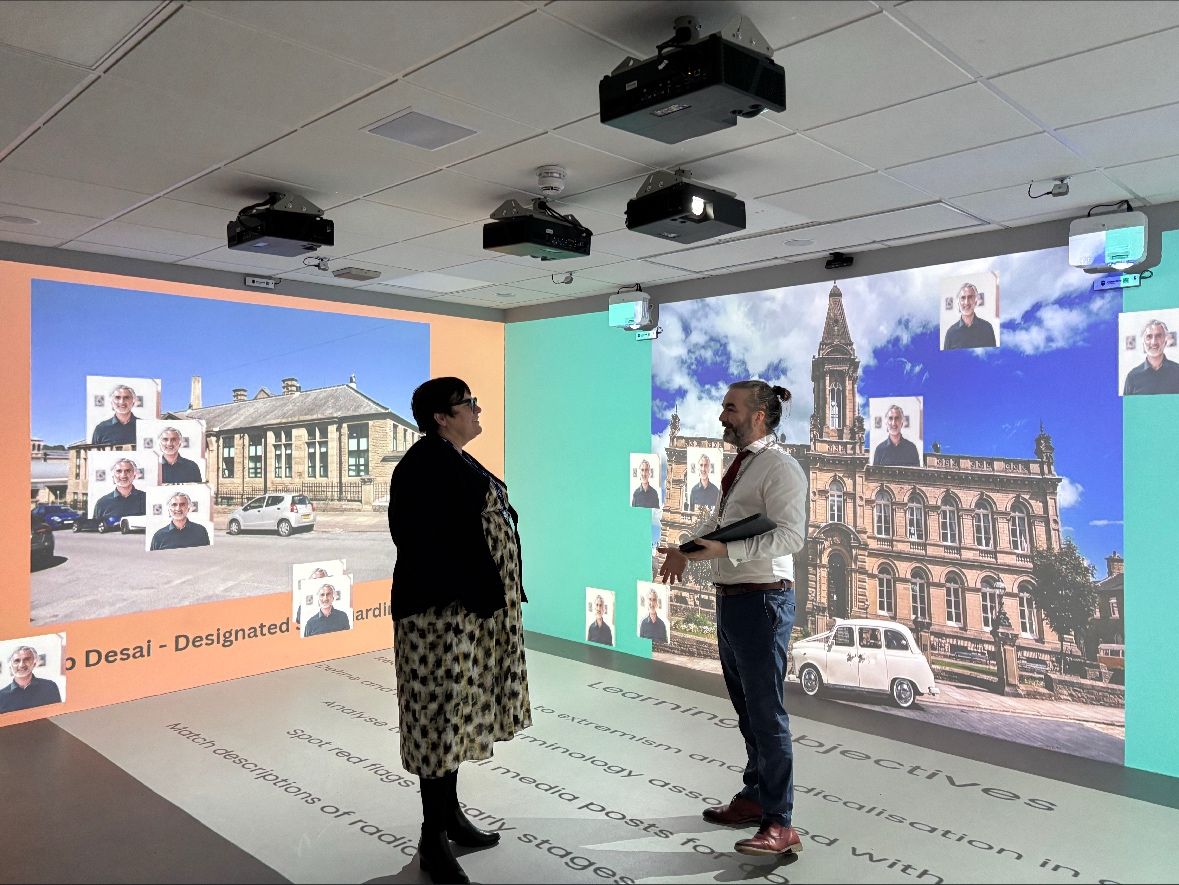
CEO OF BRADFORD COUNCIL VISITS SHIPLEY COLLEGE
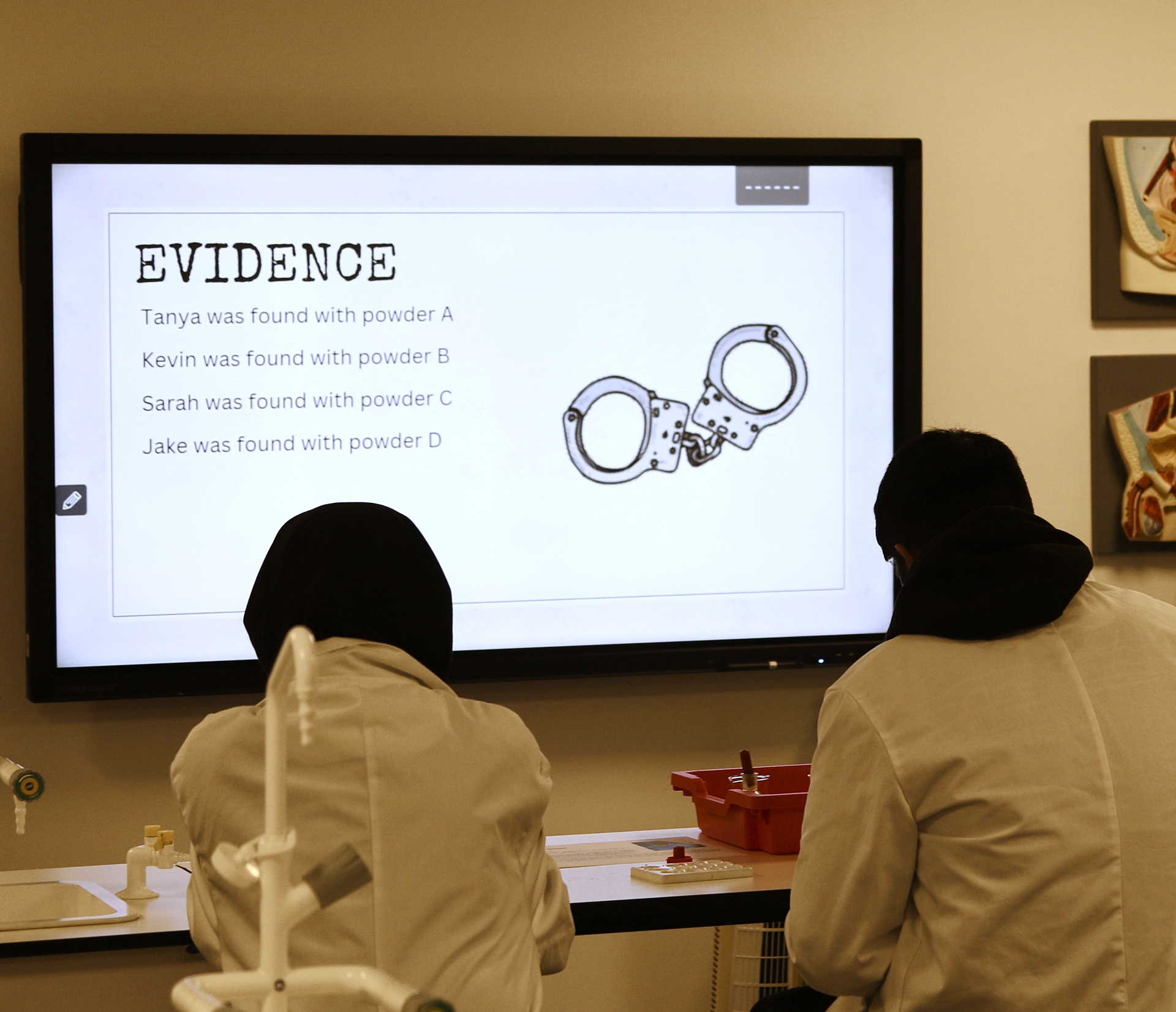
SCHOOL LEAVERS IGNITE THEIR CAREERS AT OUR TASTER DAY!

HOUSE OF LORDS ENVIRONMENT AND CLIMATE CHANGE COMMITTEE VISITS COLLEGE

WE ARE FINALISTS IN THE GREEN GOWN INTERNATIONAL AWARDS!
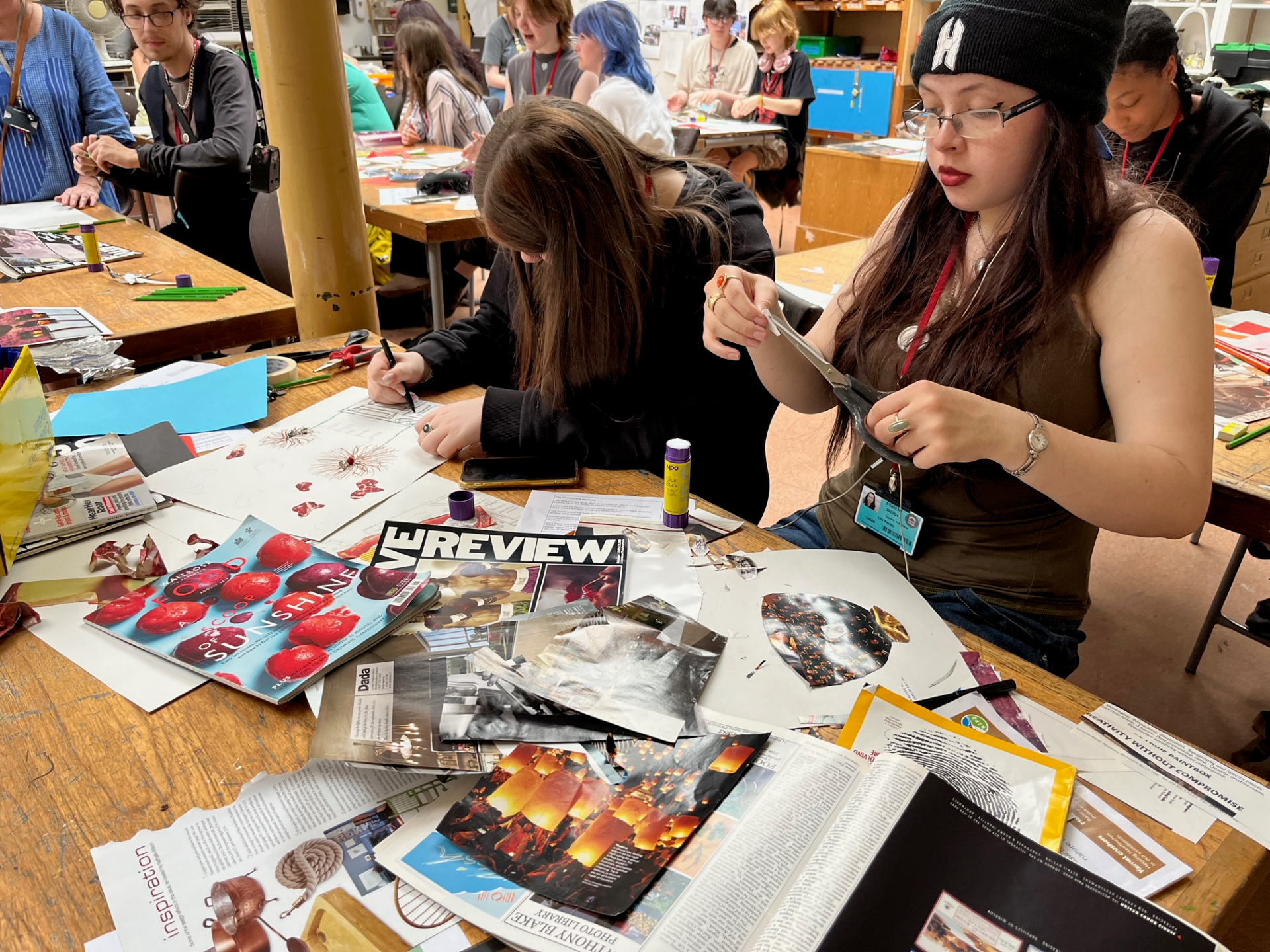
ROYAL OPERA HOUSE COLLABORATION!

Getting Work Ready - T Level students visit TIEVA

Shipley College & Saltaire Collection collaborate on Community, Arts, Heritage and Future Technology Centre
LATEST VIDEOS

